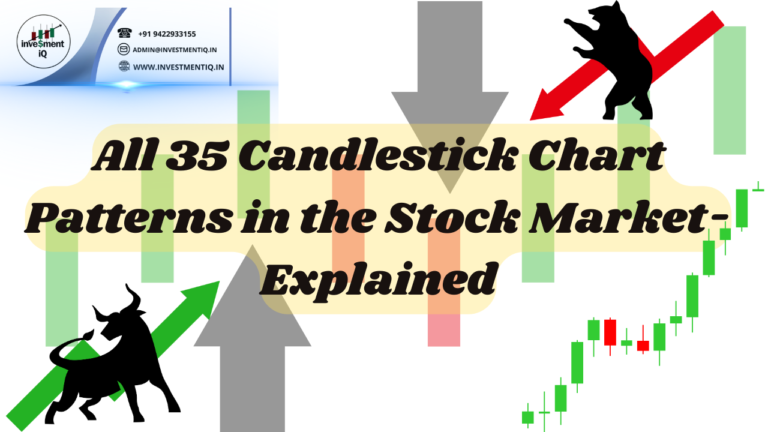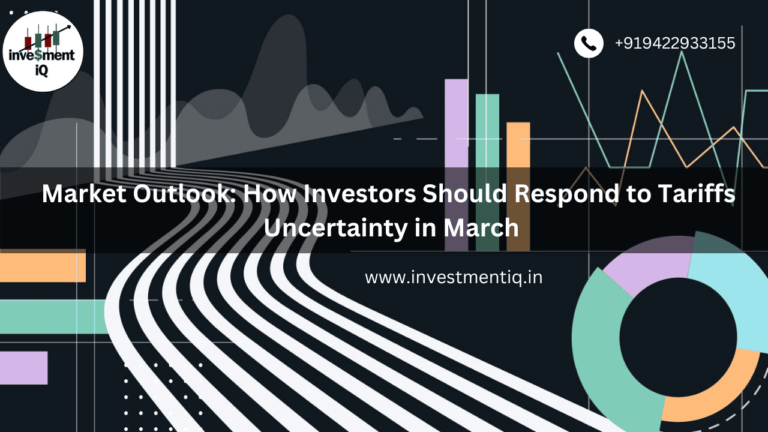
Investing is not just about numbers, charts, and market trends. It’s also about emotions — specifically, fear and greed. These two powerful emotions play a huge role in shaping the behavior of investors, often leading to decisions that are far removed from rational thought. Understanding the psychology behind investing can help you make better decisions, avoid common pitfalls, and ultimately succeed in your financial journey. In this blog, we’ll explore how fear and greed influence the investment process and offer strategies to overcome these psychological traps.
Understanding the Psychology of Investing
People are normally risk-loath. When confronted with vulnerability, we look for solace, steadiness, and the evasion of misfortune. Simultaneously, the longing for remunerations drives us to face challenges, at times foolishly. The harmony between these two restricting powers — apprehension about losing cash and the craving to acquire — is at the core of numerous venture choices.
The Role of Fear in Investing
Fear is one of the most powerful emotions that can drive investment behavior. It’s often triggered during periods of market downturns or when an investor sees a potential loss looming. This fear can lead to several negative investment behaviors, such as:
Panic Selling
During a market crash or when prices are falling, investors may fear that their investments will lose even more value. In a rush to protect their money, they sell off their holdings, often at the worst possible time. This knee-jerk reaction locks in their losses and prevents them from benefiting when the market recovers.
Loss Aversion
The concept of loss aversion, a theory proposed by psychologists Daniel Kahneman and Amos Tversky, suggests that people feel the pain of losses more intensely than the pleasure of gains. For investors, this means they may hold on to losing investments for too long, hoping that the market will turn around, rather than cutting their losses and moving on to more promising opportunities.
Avoiding Risk
Fear of losing money can also cause investors to avoid risk altogether. This can result in overly conservative portfolios that miss out on potential returns. While it’s important to be cautious, avoiding all risk can hinder long-term growth and wealth accumulation.
The Impact of Covetousness in Financial planning
On the other side, covetousness is the other close to home power that can fundamentally affect financial planning choices. Covetousness frequently arises during times of market confidence or when a financial backer is trying to boost returns disregarding the dangers implied. Covetousness driven ways of behaving include:
Pursuing Hot Stocks
Covetousness leads numerous financial backers to pursue stocks that are soaring in cost, accepting they can ride the flood of achievement. These financial backers frequently get involved with a stock in light of publicity, overlooking the hidden essentials of the organization. At the point when the stock definitely slumps, they are left with huge misfortunes.
Overleveraging
Covetous financial backers might get cash to enhance their benefits, facing extreme gamble challenges the cycle. While influence can bring about more significant yields during great times, it can likewise prompt wrecking misfortunes when markets turn horrible. This is especially perilous in unstable business sectors, where little vacillations in cost can prompt enormous monetary outcomes.
Absence of Enhancement
Covetousness can likewise lead financial backers to pack their interests in a couple of high-risk resources, accepting that these resources will keep on creating enormous returns. While broadening is a critical methodology for overseeing risk, insatiable financial backers might ignore this rule, putting down the entirety of their wagers on a solitary stock or area.
Methodologies to Beat Dread and Voracity in Effective financial planning
Defeating dread and covetousness requires mindfulness, discipline, and a drawn out viewpoint. Here are a few systems to assist you with dealing with these feelings and settle on better speculation choices:
Adhere to a Drawn out Plan
One of the most mind-blowing ways of trying not to be influenced by dread and covetousness is to have a drawn out money growth strategy. Put forth clear objectives for your ventures and layout a procedure that lines up with your gamble resilience, time skyline, and monetary targets. A thoroughly examined plan will assist you with keeping on track and stay away from imprudent choices.
Broaden Your Portfolio
Broadening is vital to overseeing hazard and decreasing the effect of market unpredictability. By spreading your ventures across various resource classes, areas, and geographic districts, you can try not to tie up your assets in one place. This mitigates the impacts of both trepidation and eagerness, as it keeps you from turning out to be excessively moved in any one speculation.
Practice Tolerance and Discipline
Stay away from the compulsion to respond to momentary market developments. At the point when markets plunge, fight the temptation to sell out of dread, and when they rise, try not to get excessively eager. Center around the drawn out basics of your ventures and remain trained in adhering to your arrangement.
Instruct Yourself
Dread and insatiability frequently emerge from an absence of understanding or information. The more you find out about financial planning, the better prepared you will be to deal with market variances and close to home driving forces. Instruct yourself on market cycles, monetary patterns, and the standards of sound financial planning.
Profound Mindfulness
Perceive when your feelings are affecting your speculation choices. Make a stride back and evaluate whether dread or voracity is driving your activities. This mindfulness can assist you with making more normal, objective choices.
Look for Proficient Direction
In the event that you’re battling with profound choices, think about working with a monetary counsel. An expert can assist you with keeping focused, give an objective viewpoint, and assist you explore market unpredictability with a quiet, estimated approach.
Conclusion
Investing is as much about psychology as it is about strategy. Fear and greed are natural emotions, but when left unchecked, they can lead to poor decision-making and missed opportunities. By recognizing these emotional triggers and adopting strategies to overcome them, you can make more informed, rational investment decisions that align with your long-term financial goals. Remember, investing is a marathon, not a sprint, and success comes from staying disciplined, focused, and patient through the ups and downs of the market.
you may be interested in ths blog here:-
How to Create a Trading Plan: Example & Risk Management




